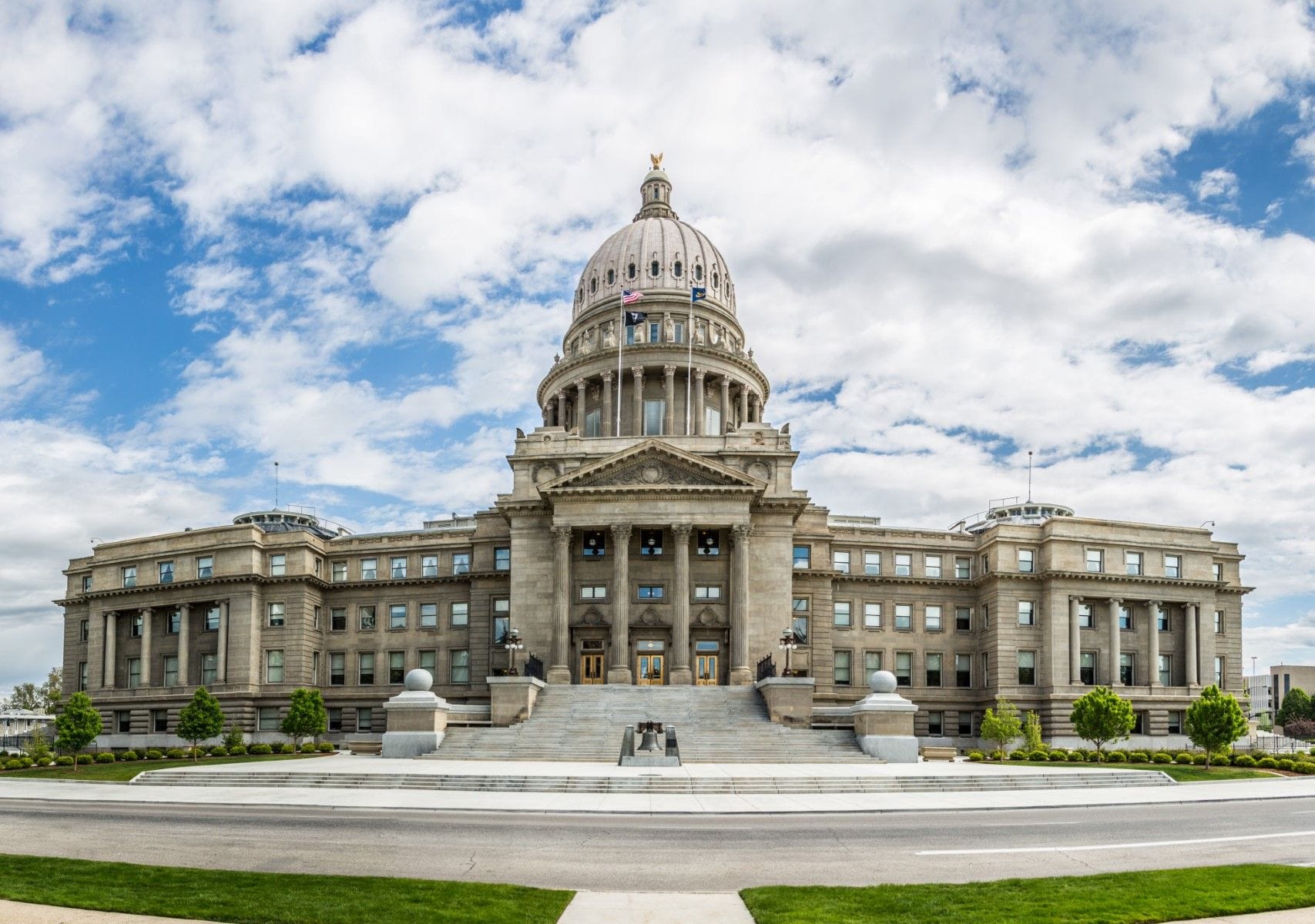Expert Witness Compensation Rules in Idaho
Idaho's expert witness compensation rules ensure fair payment while upholding judicial integrity, guided by state statutes and ethical standards.
Updated on
In this article
What Are the Rules Governing Expert Witness Compensation in Idaho?
In Idaho, expert witness compensation is governed by a combination of state statutes, procedural rules, and legal precedents. These regulations ensure that expert witnesses are fairly compensated for their services while maintaining the integrity of the judicial process. Understanding the framework within which expert witness fees are determined is crucial for attorneys and legal professionals operating within the state.
Fee Provisions in Idaho Rules of Civil Procedure
The Idaho Rules of Civil Procedure, particularly Rule 26(b)(4)(E), provide guidance on expert witness fees in the context of discovery. This rule mandates that, unless manifest injustice would result, the party seeking discovery must pay the expert a reasonable fee for time spent in responding to discovery. The rule is designed to balance the financial burden between parties and ensure that experts are remunerated for their time and expertise.
- Reasonable Fee Consideration: Factors influencing what constitutes a "reasonable fee" may include the expert’s field of expertise, the complexity of the testimony, and prevailing market rates.
- Allocation of Costs: The party requesting the deposition typically bears the cost of the expert's time, emphasizing fairness in the discovery process.
Understanding Idaho Code § 9-1406: Payment Guidelines for Expert Witnesses
Idaho Code § 9-1406 provides additional statutory guidance regarding the payment of expert witnesses. This statute addresses the compensation of witnesses who provide expert opinions in civil and criminal cases. The statute underscores the importance of compensating experts for their time and resources devoted to preparing and delivering testimony.
- Statutory Framework: Idaho Code § 9-1406 delineates the procedures for calculating and disbursing payments to expert witnesses, ensuring transparency and consistency.
- Scope of Compensation: The statute covers various aspects of compensation, including preparation time, travel expenses, and time spent testifying.
Ethics Opinions from the Idaho State Bar on Expert Witness Fees
The Idaho State Bar provides ethical guidance on the payment of expert witnesses to prevent potential conflicts of interest or ethical violations. Ethical considerations are paramount in maintaining the integrity of the judicial system and ensuring that expert testimony is impartial and unbiased.
- Avoiding Conflicts of Interest: Attorneys must ensure that fee arrangements with expert witnesses do not influence the content or delivery of their testimony.
- Transparency in Fee Agreements: Ethical opinions stress the need for clear, written agreements outlining the terms of compensation to avoid misunderstandings or disputes.
Practical Tips for Structuring Expert Witness Fee Agreements in Idaho
When structuring expert witness fee agreements in Idaho, careful consideration and clear communication are crucial to ensure compliance with legal standards and ethical guidelines. Here are several practical tips to consider:
- Draft Clear Agreements: Ensure that all terms related to compensation are explicitly stated in a written agreement. This document should outline the scope of work, hourly rates, and any additional expenses covered.
- Consider Market Rates: Research prevailing rates for similar expertise in Idaho to ensure that the fees are reasonable and competitive. This helps in setting a fair fee structure that aligns with industry standards.
- Detail Payment Terms: Clearly outline when and how payments will be made, including any advances or retainers required. Specify terms for invoicing and the timeline for payment to avoid disputes.
- Outline Reimbursable Expenses: Clearly define what constitutes reimbursable expenses, such as travel, accommodations, and materials, and ensure these are pre-approved by the hiring party.
- Address Potential Contingencies: Include provisions for potential changes in the scope of work or unforeseen circumstances that may affect the expert’s role or the compensation agreement.
- Emphasize Ethical Compliance: Ensure that the fee agreement adheres to ethical guidelines set forth by the Idaho State Bar, emphasizing the importance of impartiality and avoiding any arrangements that could bias testimony.
By following these practical tips, attorneys and legal professionals can establish clear, fair, and compliant expert witness fee agreements that support the integrity of the judicial process in Idaho.


